A research team led by Professor Chan Chi-hou, Chair Professor of Electronic Engineering at City University of Hong Kong (CityU), achieved an unprecedented advance in antenna technology by making possible the manipulation of all five fundamental properties of electromagnetic waves through software control.
In a world first, the team developed a universal metasurface antenna that allows the independent and simultaneous manipulation of amplitude, phase, frequency, polarisation and direction of electromagnetic radiation.
“A universal component capable of manipulating all the fundamental wave properties is the Holy Grail for physicists and engineers,” said Professor Chan, who is also Director of the State Key Laboratory of Terahertz and Millimeter Waves (SKLTMW).
As research on 6G wireless communication systems progresses worldwide, the universal metasurface antenna holds immense potential for various applications in 6G systems. Its advanced waveform manipulation capabilities and enhanced security features are crucial for integrating sensing and communications.
The universal metasurface antenna can be used for next-generation, large-capacity, high-security information systems, real-time imaging, and wireless power transfer. The antenna's inherent direction modulation properties also enhance privacy and security, making it an ideal candidate for eavesdropper-proof communications.
The paper, titled "A universal metasurface antenna to manipulate all fundamental characteristics of electromagnetic waves", was published online in Nature Communications.
Professor Wu Gengbo, from the Department of Electrical Engineering and a SKLTMW member, explained that the universal metasurface antenna can manipulate information by directly generating the modulated waveform in free space.
“We hope that the universal metasurface antenna can work as a simplified information transmitter with low cost, high integration and low power consumption,” said Professor Wu, who is the first author of the paper.

Dr Dai Junyan, a former postdoctoral fellow with the SKLTMW, is the paper's co-first author. Academician Cui Tiejun and Professor Cheng Qiang, both from Southeast University, Nanjing, China, as well as Dr Dai and Professor Chan are the corresponding authors. Dr Keeson Shum Kam-man and Dr Chan Ka-fai are Senior Engineers with SKLTMW.
This achievement was made possible through collaboration between CityU and Southeast University. Professor Chan emphasised that the partnership between the two institutions was essential for tackling complex research challenges and achieving the groundbreaking results.
“The joint expertise and resources from both universities facilitated the successful development of the universal metasurface antenna, bringing together diverse perspectives and knowledge,” said Professor Chan.
Professor Chan said the invention introduces new features to integrating sensing and communications, paving the way for exciting possibilities in the future.
The research was supported by the Hong Kong Research Grants Council under the Theme-Based Research Scheme and the Guangdong-Hong Kong Joint Laboratory for Big Data Imaging and Communication.





